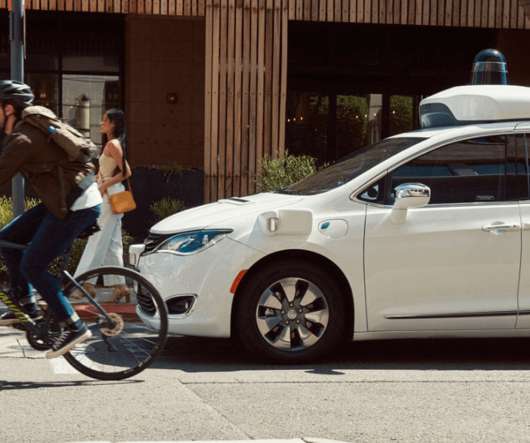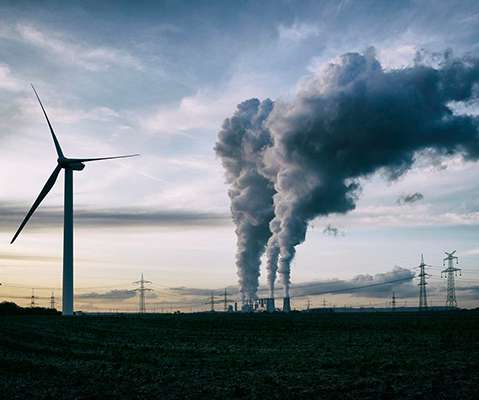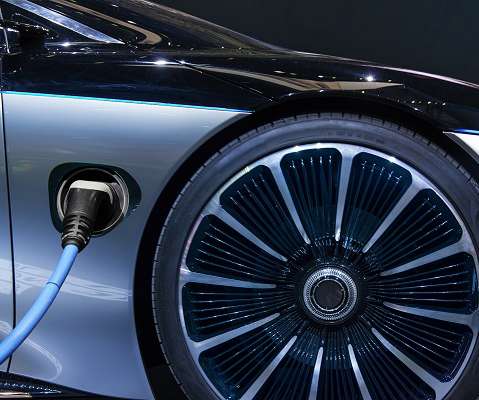BMW provides an update on waste heat recovery projects; Turbosteamer and the Thermoelectric Generator
Green Car Congress
AUGUST 30, 2011
The company says that some of the most promising projects are the Turbosteamer ( earlier post ); the Thermoelectric generator (TEG) ( earlier post ); engine encapsulation; and a waste heat exchanger for oil heating. Research project Turbosteamer: comparison of the heat exchanger generation 1 (top) and generation 2 (bottom).





































Let's personalize your content